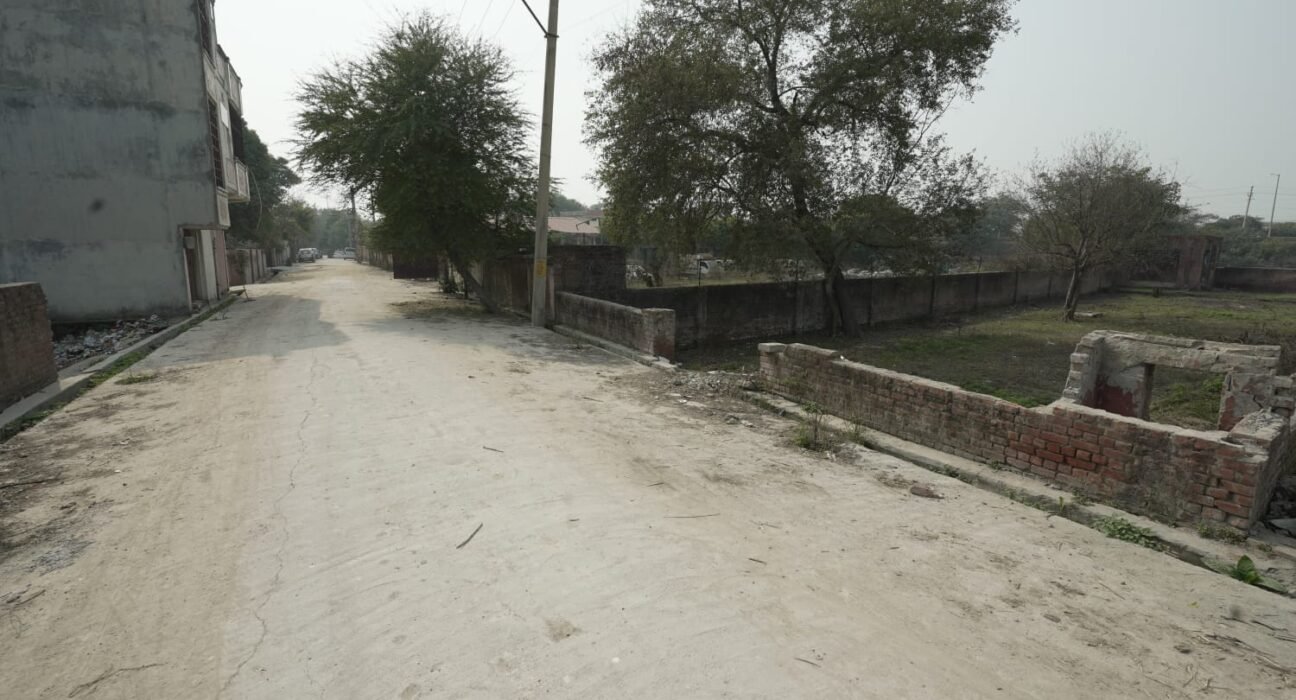Land pooling has emerged as a promising solution to address the challenges of urban expansion and infrastructure development. This innovative approach involves landowners voluntarily pooling their land for large-scale development projects. While it offers several potential benefits, it also raises concerns about its impact on landowners and the overall urban landscape.
The Pros of Land Pooling
Efficient Land Acquisition: Land pooling simplifies the complex and often contentious process of land acquisition. By eliminating the need for individual negotiations and compensation settlements, it streamlines the development process and reduces time and cost.
Planned Urban Development: Land pooling enables the creation of well-planned and integrated urban developments. It facilitates the development of essential infrastructure like roads, water supply, and sewage systems, ensuring a sustainable and livable environment.
Increased Land Value: Landowners who participate in land pooling schemes can benefit from significant increases in the value of their land. The development of the pooled land into residential, commercial, or industrial areas can lead to substantial appreciation in property values.
Community Development: DDA Land pooling can foster community development by creating new neighborhoods and providing access to amenities and services. It can also lead to the creation of green spaces and public facilities, enhancing the overall quality of life for residents.
The Cons of Land Pooling
Potential for Exploitation: There are concerns that land pooling schemes could be exploited by developers or government authorities. Landowners may not receive fair compensation for their land, or they may be subjected to unfair terms and conditions.
Loss of Land Ownership: Landowners who participate in land pooling schemes lose ownership of their land. They receive a portion of the developed land in return, but this may not always be equivalent to the value of their original landholding.
Social and Environmental Impacts: Large-scale land pooling projects can have significant social and environmental impacts. They may displace communities, disrupt livelihoods, and damage natural ecosystems. It is crucial to conduct thorough environmental impact assessments and social impact assessments to mitigate these risks.
Complex Implementation: Land pooling is a complex process that requires careful planning and coordination. It involves legal, financial, and technical challenges that need to be addressed effectively to ensure successful implementation.
Conclusion
Land pooling has the potential to be a powerful tool for sustainable urban development. However, it is essential to implement land pooling schemes with transparency, fairness, and accountability. Strict regulations and safeguards must be in place to protect the rights of landowners and ensure that the benefits of land pooling are shared equitably. By addressing the potential challenges and maximizing the benefits, land pooling can contribute to the creation of vibrant, inclusive, and sustainable cities.







